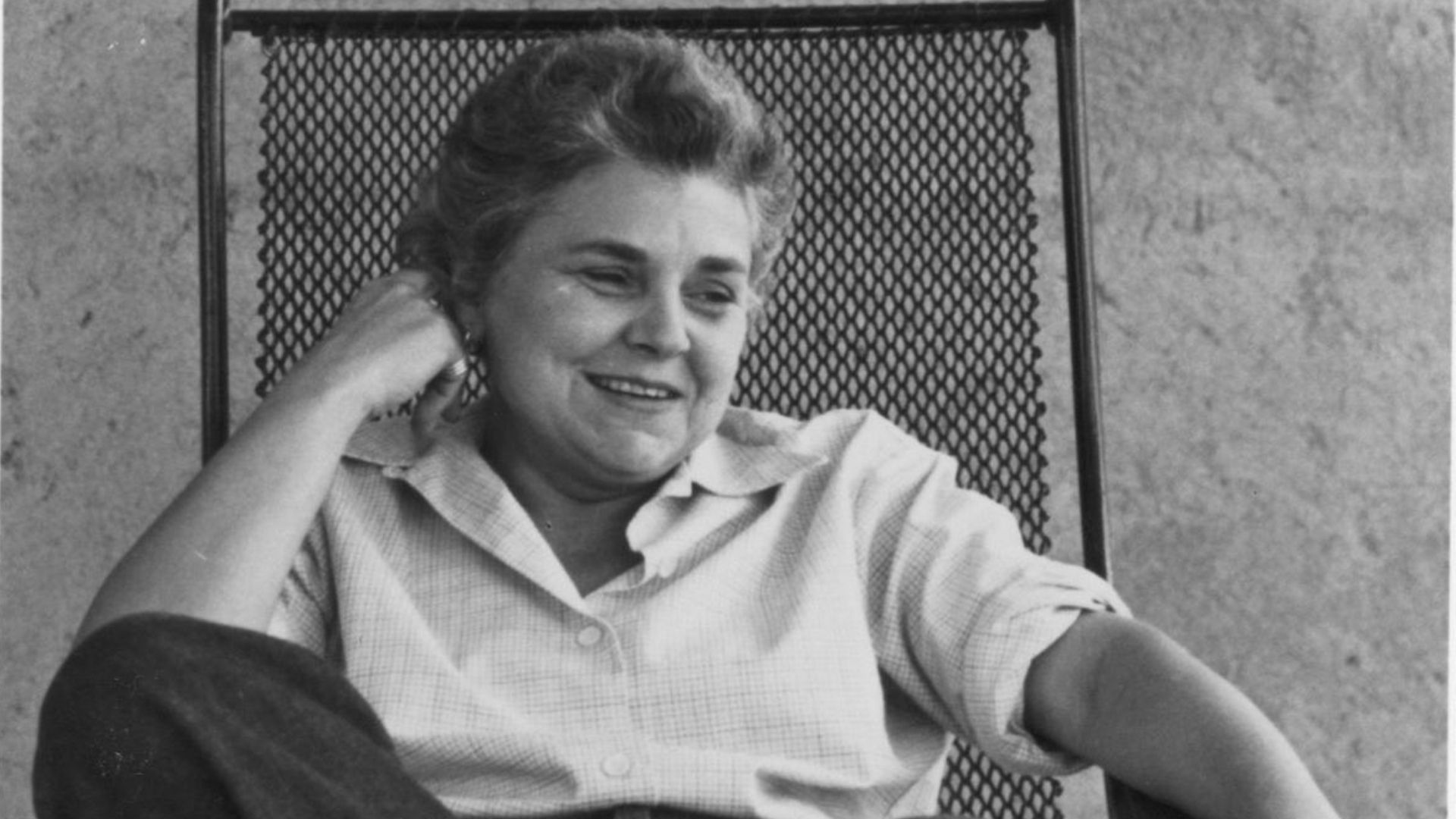In The Waiting Room Poem by Elizabeth Bishop
In The Waiting Room
In Worcester, Massachusetts,
I went with Aunt Consuelo
to keep her dentist's appointment
and sat and waited for her
in the dentist's waiting room.
It was winter. It got dark
early. The waiting room
was full of grown-up people,
arctics and overcoats,
lamps and magazines.
My aunt was inside
what seemed like a long time
and while I waited and read
the National Geographic
(I could read) and carefully
studied the photographs:
the inside of a volcano,
black, and full of ashes;
then it was spilling over
in rivulets of fire.
Osa and Martin Johnson
dressed in riding breeches,
laced boots, and pith helmets.
A dead man slung on a pole
"Long Pig," the caption said.
Babies with pointed heads
wound round and round with string;
black, naked women with necks
wound round and round with wire
like the necks of light bulbs.
Their breasts were horrifying.
I read it right straight through.
I was too shy to stop.
And then I looked at the cover:
the yellow margins, the date.
Suddenly, from inside,
came an oh! of pain
--Aunt Consuelo's voice--
not very loud or long.
I wasn't at all surprised;
even then I knew she was
a foolish, timid woman.
I might have been embarrassed,
but wasn't. What took me
completely by surprise
was that it was me:
my voice, in my mouth.
Without thinking at all
I was my foolish aunt,
I--we--were falling, falling,
our eyes glued to the cover
of the National Geographic,
February, 1918.
I said to myself: three days
and you'll be seven years old.
I was saying it to stop
the sensation of falling off
the round, turning world.
into cold, blue-black space.
But I felt: you are an I,
you are an Elizabeth,
you are one of them.
Why should you be one, too?
I scarcely dared to look
to see what it was I was.
I gave a sidelong glance
--I couldn't look any higher--
at shadowy gray knees,
trousers and skirts and boots
and different pairs of hands
lying under the lamps.
I knew that nothing stranger
had ever happened, that nothing
stranger could ever happen.
Why should I be my aunt,
or me, or anyone?
What similarities
boots, hands, the family voice
I felt in my throat, or even
the National Geographic
and those awful hanging breasts
held us all together
or made us all just one?
How I didn't know any
word for it how "unlikely". . .
How had I come to be here,
like them, and overhear
a cry of pain that could have
got loud and worse but hadn't?
The waiting room was bright
and too hot. It was sliding
beneath a big black wave,
another, and another.
Then I was back in it.
The War was on. Outside,
in Worcester, Massachusetts,
were night and slush and cold,
and it was still the fifth
of February, 1918.
gosh! got me. I'm always pondering the mystery of me being an I, as opposed to anything else and suddenly becoming something else if I'm evil. evil yes, evil makes me into what I'm not. truly a masterpiece from the heart of a master who is an I
Smart writing giving vivid image of the happenings.I enjoyed it, thanks for sharing.
it was winter. It was dark - i like these two information. both are important. cold and dark outside, artificial (early XX century) light inside; that rules the ambient.
Since Bishop was born in 1911, one can safely assume that she was recalling an existential moment when she was 7 years of age in 1918. What a spellbinding poem this is! She has achieved something I never imagined a poem could do, which is to transport us back in time and place to see reality as it really was through the eyes and mind of a small child with such concentrated detail and power.
joys and sorrows interwoven in human life. An inspiring piece of writing
This poem has not been translated into any other language yet.
I would like to translate this poem
this poem is a timeless beauty for so many reasons. The struggle we all go though for identity marking it certifiable through the years. But you travel into the poem, it is not 1918 but 2008 and the colors taste just the same on paper. We all have sat in dentist office, asked questions that lead to more, and we are all confronted by National Geographic of Big Breasted women with ashen skin who remind us that underneath it all we are all HUMAN, so what does it all mean, that land of I-We underneath the skin. Stunning really.